
Preventive Dentistry for Plaque Control: Keep Decay and Gum Disease at Bay
How can preventive dentistry for plaque control help keep decay and gum disease at bay? By focusing on regular dental check-ups and maintaining oral hygiene, preventive dentistry for plaque control plays a crucial role in reducing the risk of cavities and periodontal issues.
Preventive dentistry for plaque control
Understanding dental plaque formation is crucial in the realm of preventive dentistry for plaque control. Dental plaque is a sticky, colorless film of bacteria that constantly forms on our teeth. It thrives on the sugars and starches in the food we consume, producing acids that can lead to tooth decay and gum disease. This biofilm can harden into tartar if not removed regularly, making it even more challenging to maintain oral health.The role of preventive dentistry for plaque control is to manage and reduce the accumulation of this harmful plaque. By understanding how plaque forms and its impact on oral health, individuals can better appreciate the importance of regular dental care practices. For those interested in exploring different approaches, the article Preventive Dentistry Without Fluoride: Natural Alternatives for Oral Health offers insights into alternative methods for maintaining a healthy mouth.
Importance of Regular Dental Checkups
Regular dental checkups play a crucial role in preventive dentistry for plaque control. These checkups allow dental professionals to monitor oral health, identify early signs of decay, and address any issues before they escalate into more serious conditions. By maintaining consistent appointments, individuals can ensure that their teeth and gums remain healthy, reducing the risk of cavities and gum disease. Preventive dentistry for plaque control is essential for maintaining overall oral hygiene. During a dental checkup, professionals can provide thorough cleanings that remove plaque buildup, which is not always possible with regular brushing and flossing alone. This proactive approach helps in preserving the natural structure of teeth and promotes long-term oral health. For more information on maintaining oral health, Visit Tigard for Preventive Dentistry.
Role of Diet in Oral Health
Diet plays a crucial role in preventive dentistry for plaque control, as the foods and beverages consumed can significantly impact oral health. A balanced diet supports the maintenance of strong teeth and healthy gums, while certain foods can contribute to plaque buildup, leading to tooth decay and gum disease. Understanding the relationship between diet and oral health is essential in managing plaque levels and promoting overall dental well-being.
Benefits of Professional Cleanings
Professional cleanings play a crucial role in preventive dentistry for plaque control, helping to maintain oral health by effectively removing plaque and tartar that regular brushing and flossing might miss. These cleanings not only contribute to fresher breath and a brighter smile but also significantly reduce the risk of tooth decay and gum disease. By keeping your teeth and gums healthy, professional cleanings support overall well-being and can prevent more serious dental issues in the future. For those seeking expert care, Tualatin Valley Dental offers comprehensive services with their Tigard Dentist.
Impact of Oral Hygiene Practices
Preventive dentistry for plaque control plays a crucial role in maintaining oral health by minimizing the risk of tooth decay and gum disease. Consistent oral hygiene practices, such as regular brushing and flossing, help in effectively managing plaque buildup, which is a primary contributor to dental issues. By focusing on preventive measures, individuals can significantly reduce the likelihood of developing cavities and periodontal problems, thereby promoting overall dental well-being.
Connection Between Plaque and Decay
Preventive dentistry for plaque control plays a crucial role in maintaining oral health by addressing the direct link between plaque and tooth decay. Plaque, a sticky film of bacteria that forms on teeth, can lead to the production of acids that erode tooth enamel, resulting in cavities. By focusing on preventive measures, individuals can effectively manage plaque buildup, thereby reducing the risk of decay and promoting healthier teeth and gums. Understanding this connection underscores the importance of regular dental care in preventing long-term oral health issues.
Gum Disease: Causes and Prevention
Gum disease, a common oral health issue, is primarily caused by the accumulation of plaque, a sticky film of bacteria that forms on teeth. When plaque is not effectively removed, it can harden into tartar, leading to inflammation and infection of the gums. Preventive dentistry for plaque control plays a crucial role in maintaining oral health by addressing the root causes of gum disease. Regular dental check-ups and cleanings help manage plaque buildup, reducing the risk of gum disease and promoting overall oral hygiene.
The Science Behind Plaque Control
Preventive dentistry for plaque control is rooted in understanding the biological processes that lead to plaque formation. Plaque is a sticky film of bacteria that forms on teeth, and it thrives on sugars and starches from food. When these bacteria metabolize sugars, they produce acids that can erode tooth enamel and lead to cavities. Additionally, plaque can harden into tartar, which contributes to gum disease. By focusing on preventive dentistry for plaque control, the aim is to disrupt this cycle, maintaining oral health and preventing the onset of decay and gum disease.
Long-term Effects of Plaque Buildup
Plaque buildup, if left unchecked, can lead to significant oral health issues over time. The accumulation of plaque can result in tooth decay and gum disease, which may progress to more severe conditions such as periodontitis and tooth loss. These long-term effects highlight the importance of preventive dentistry for plaque control, as maintaining oral hygiene is crucial in mitigating the risks associated with plaque. Regular dental check-ups and cleanings play a vital role in managing plaque levels and ensuring overall oral health.
Conclusion
Embrace preventive dentistry for plaque control to maintain a healthy smile and avoid dental issues; for more information, call us at 503-620-6133 or check out our Google Maps reviews.


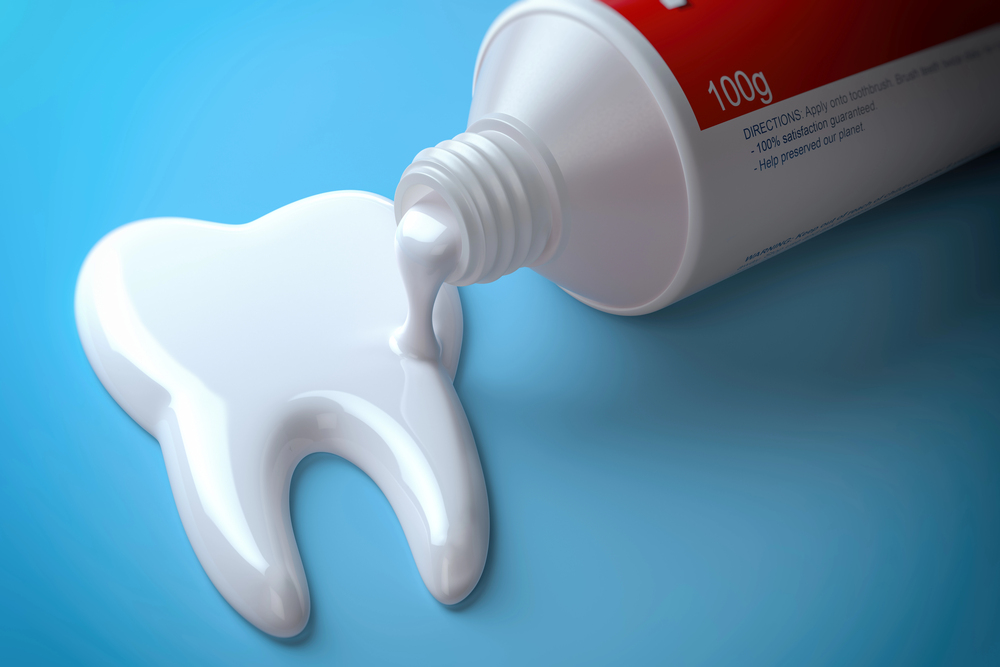
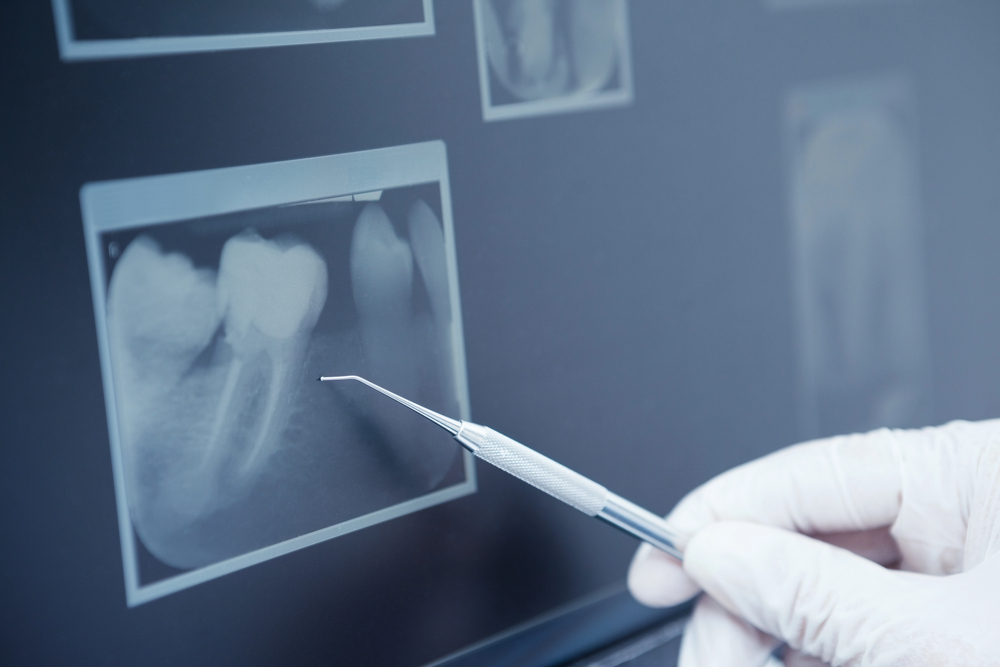
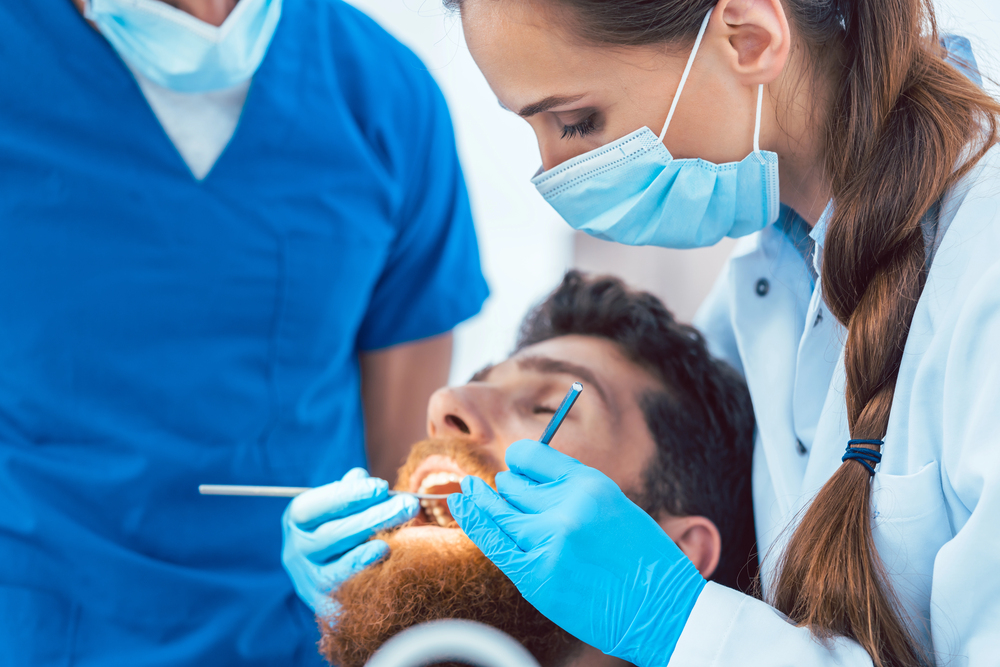
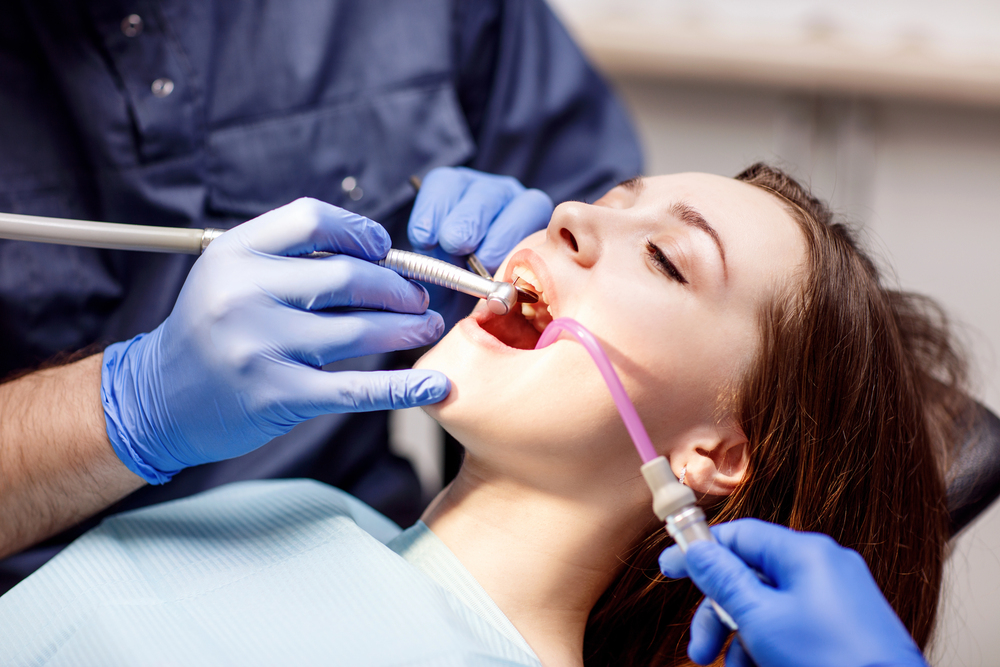
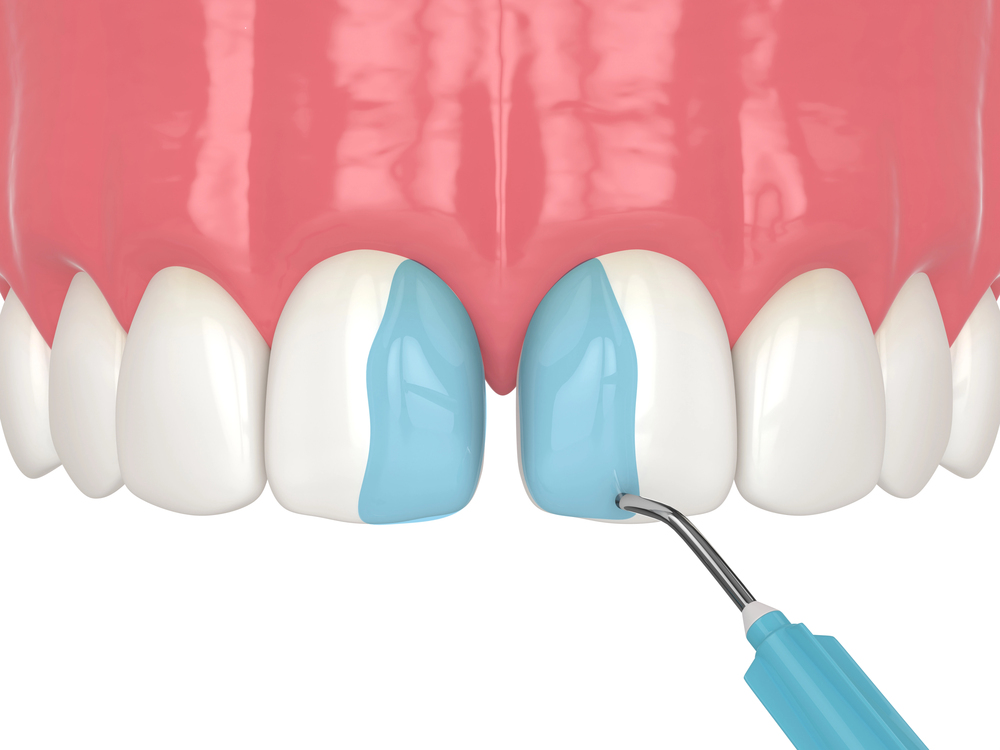
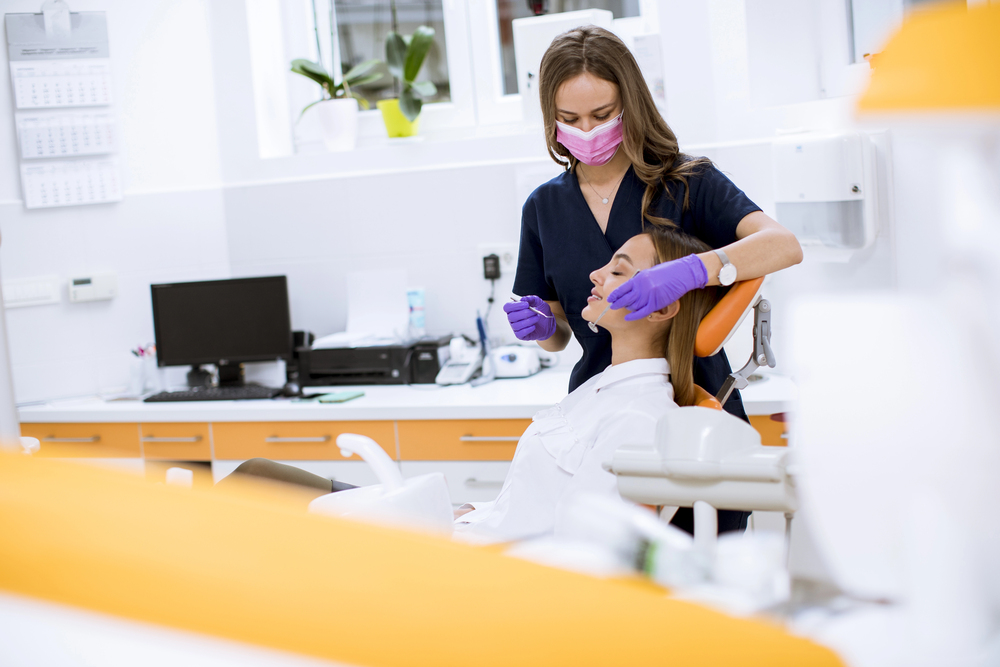
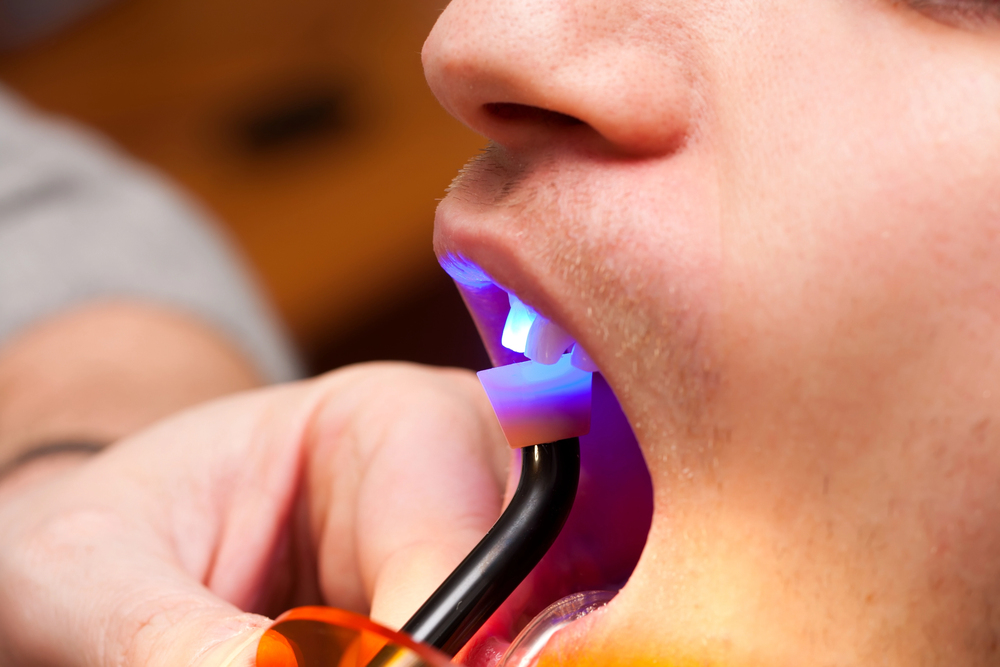
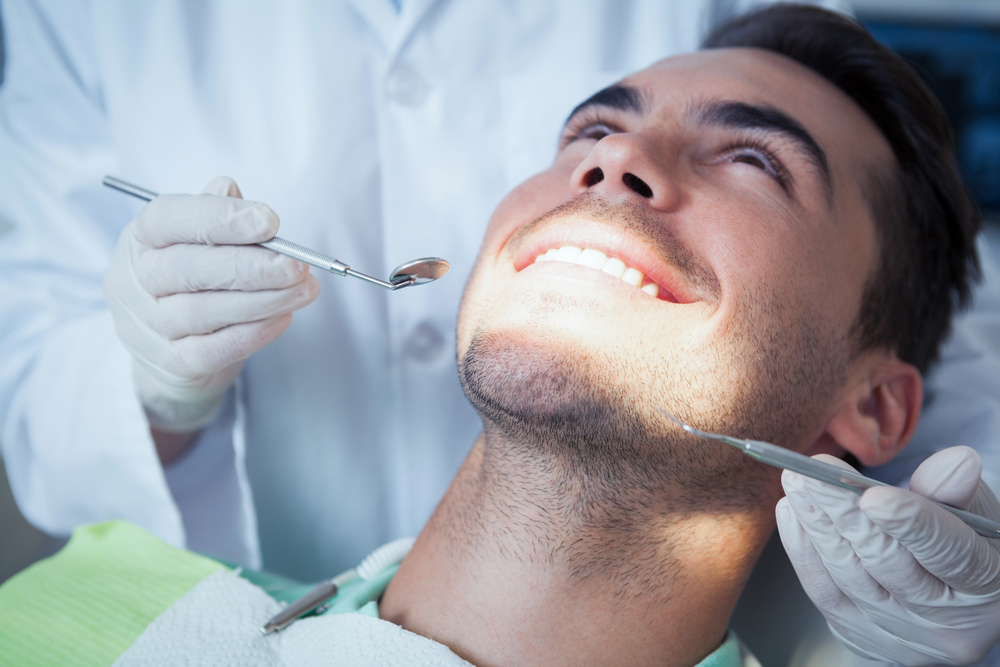

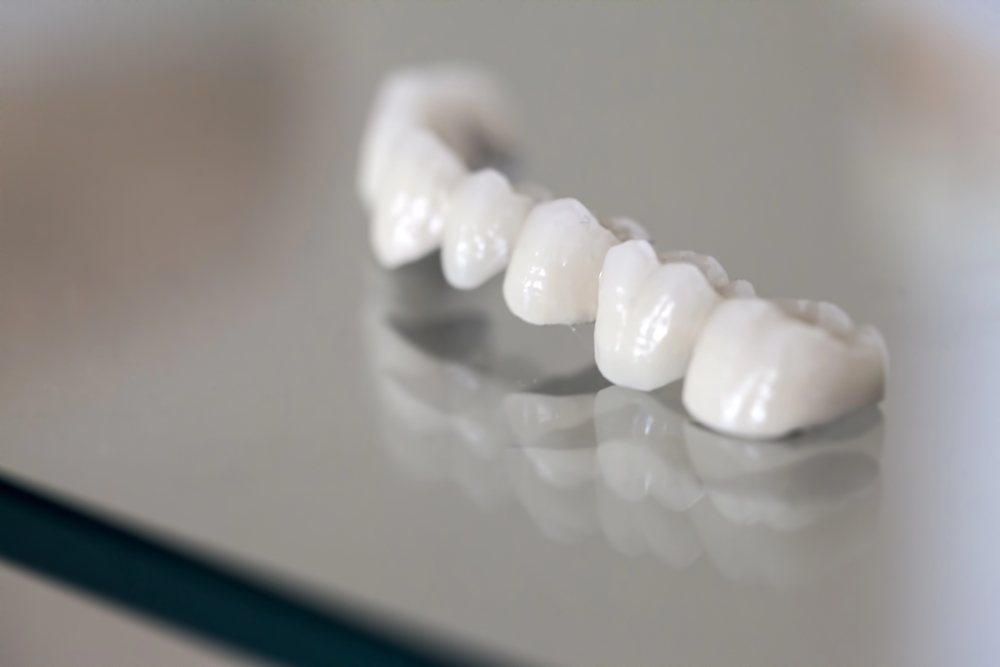

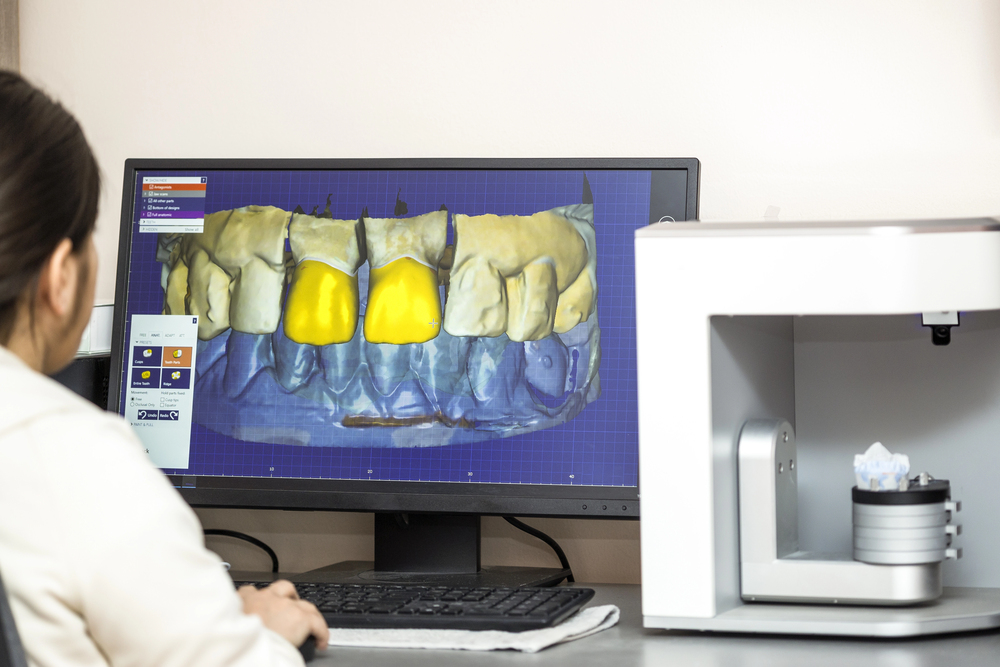

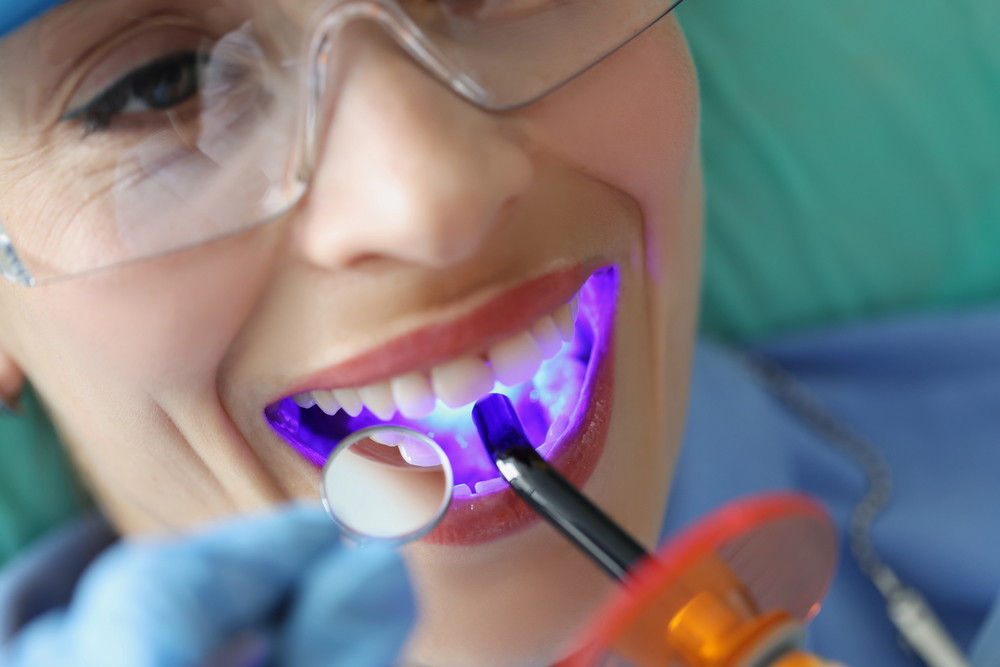
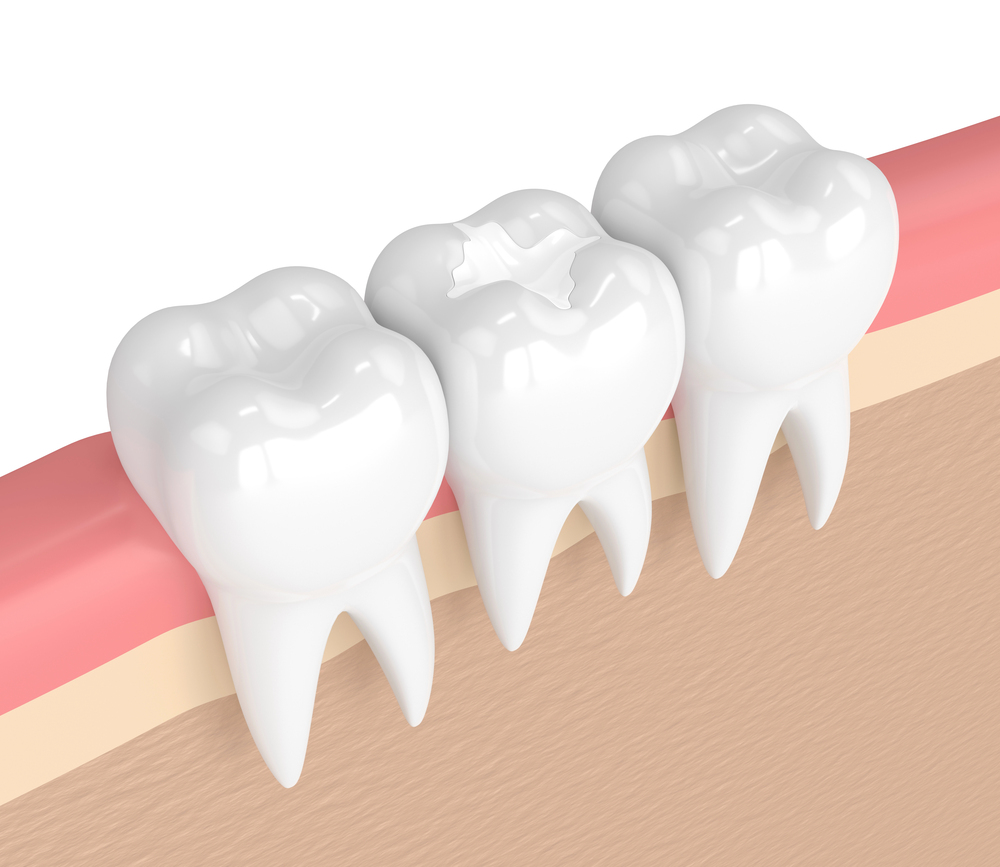
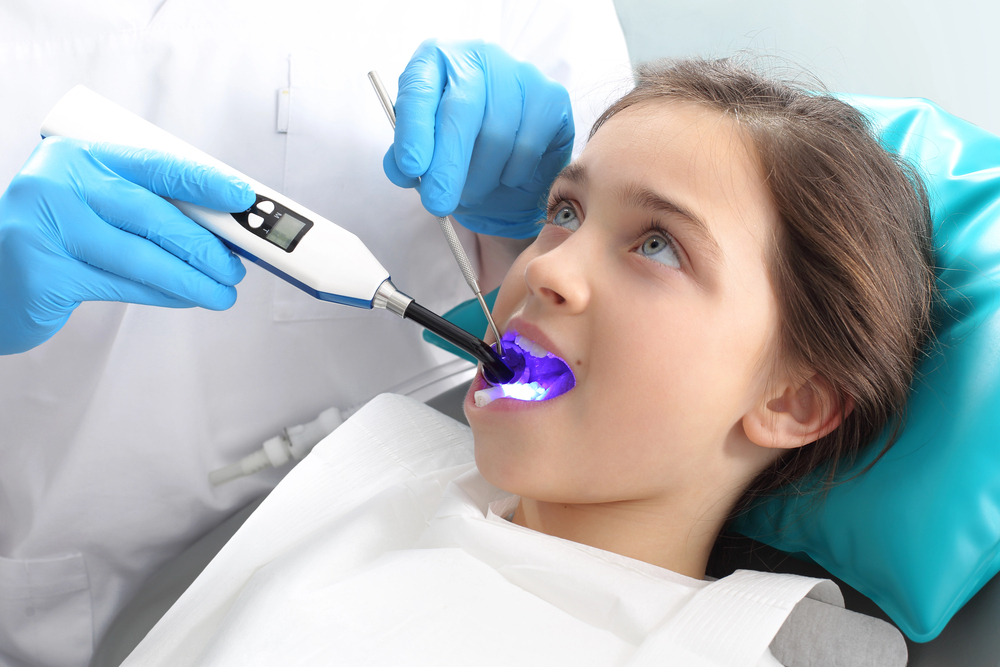
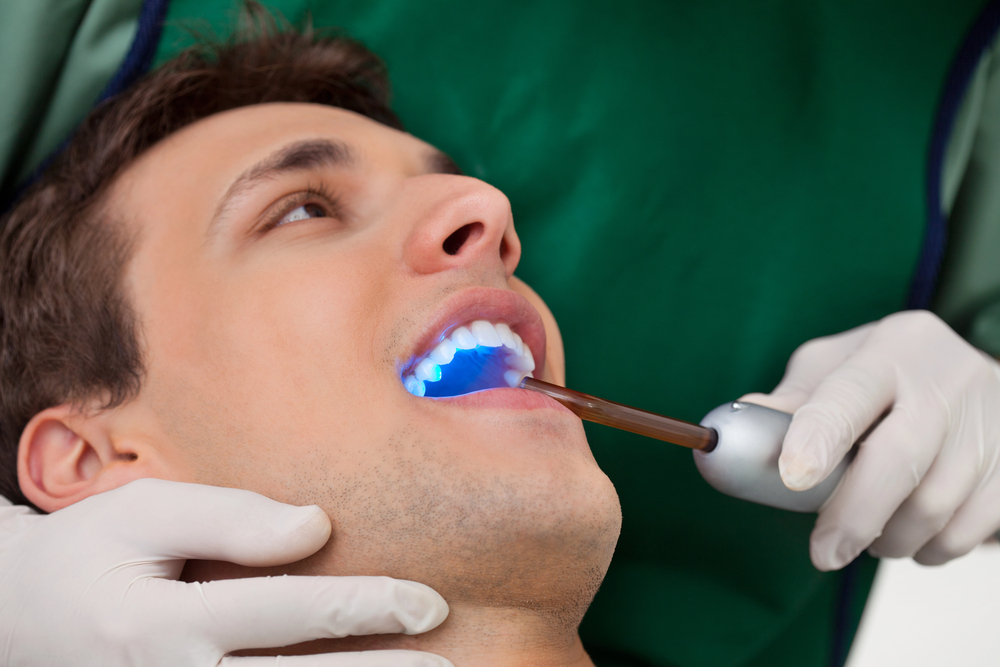

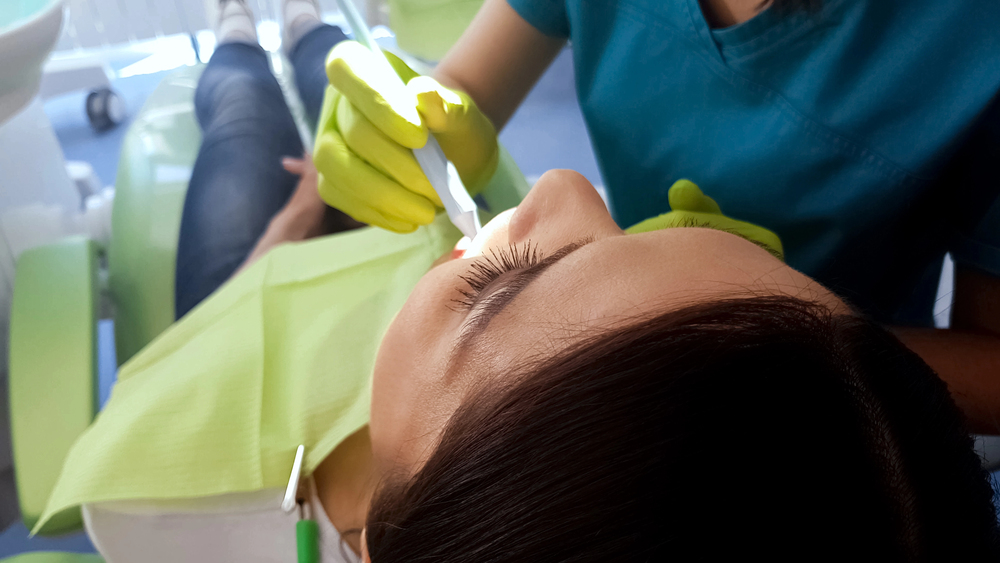
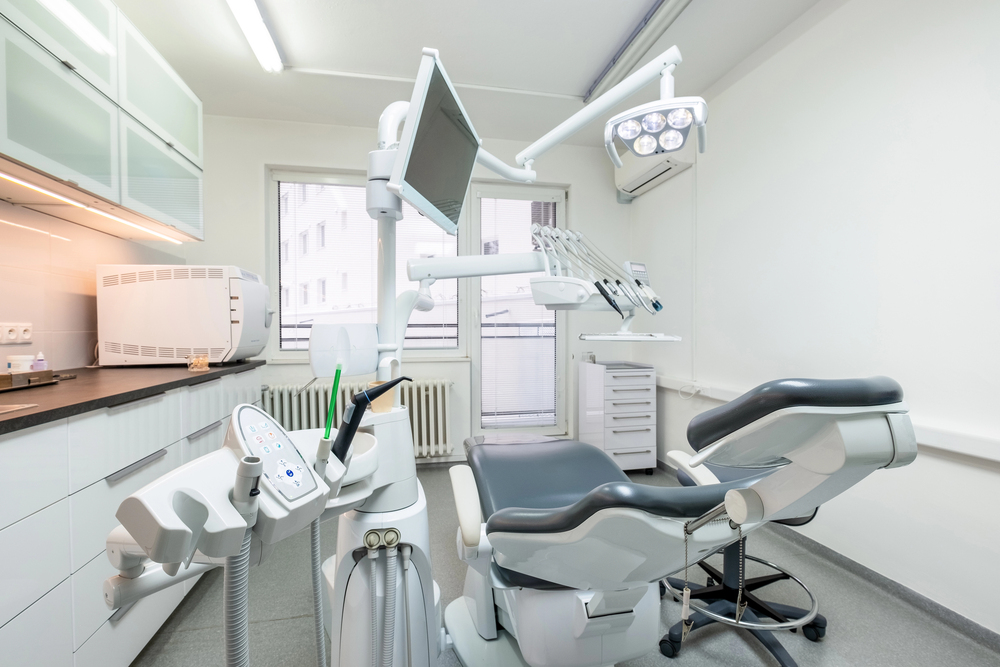







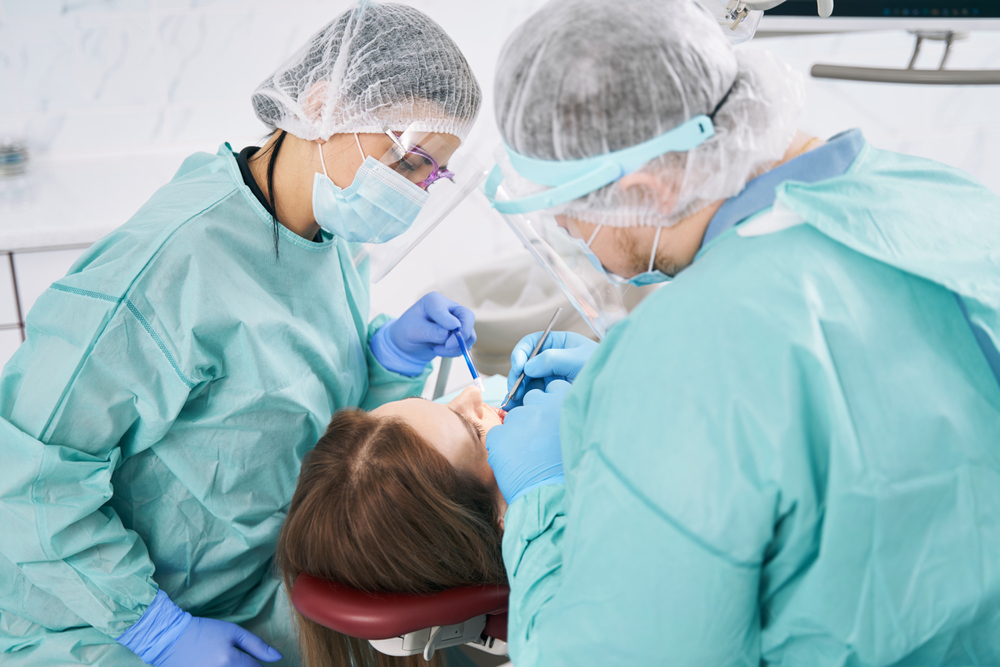









.jpg)
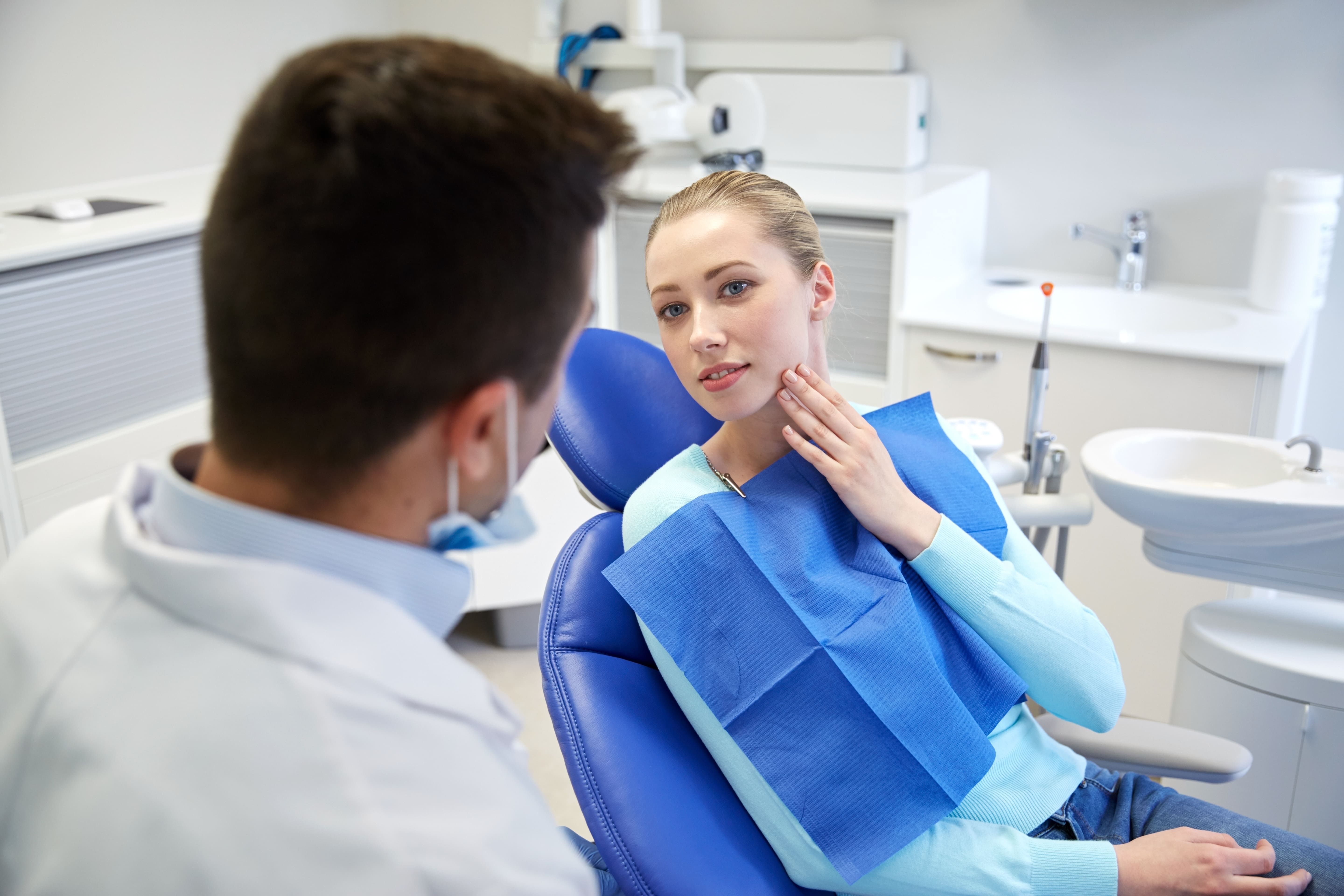


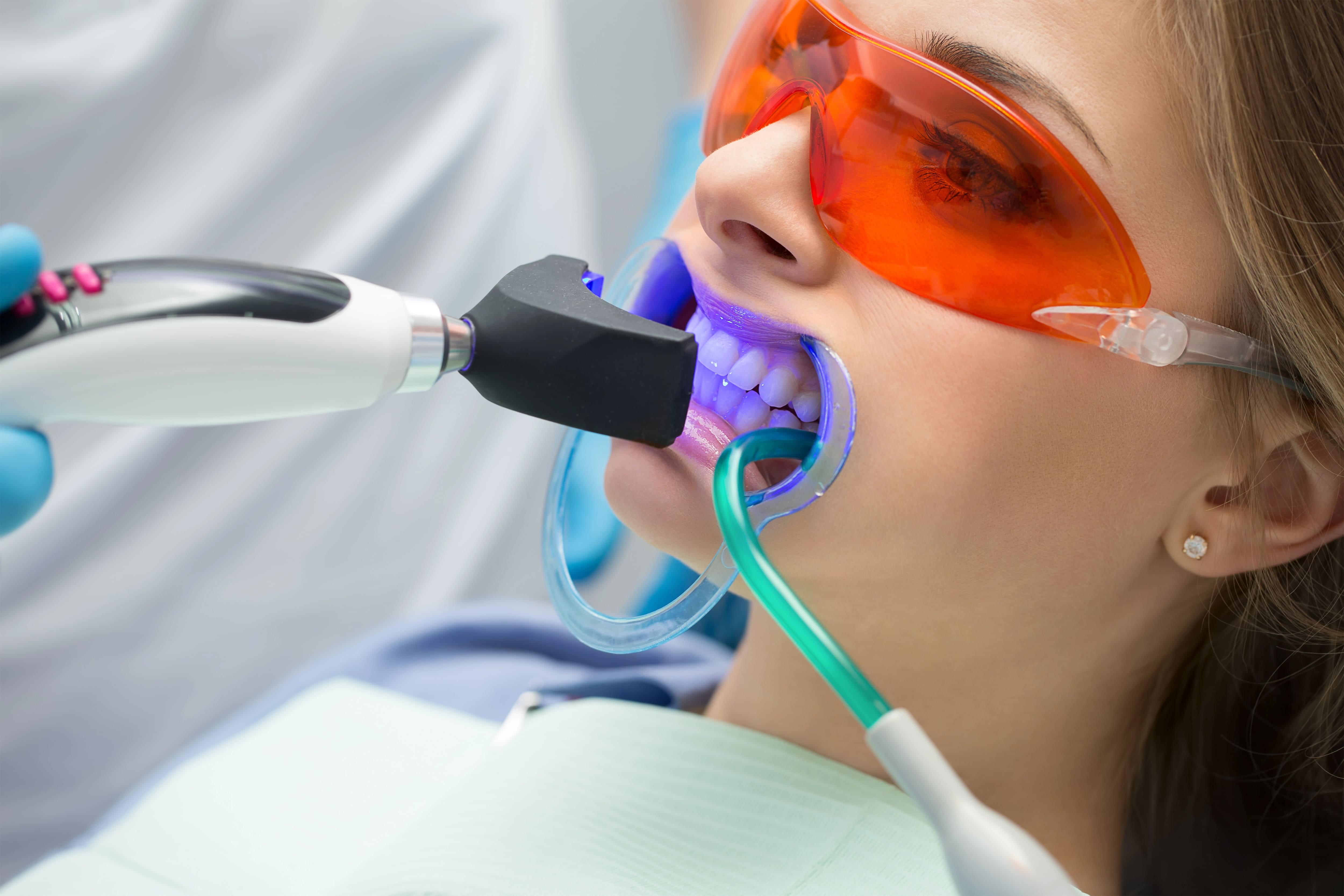

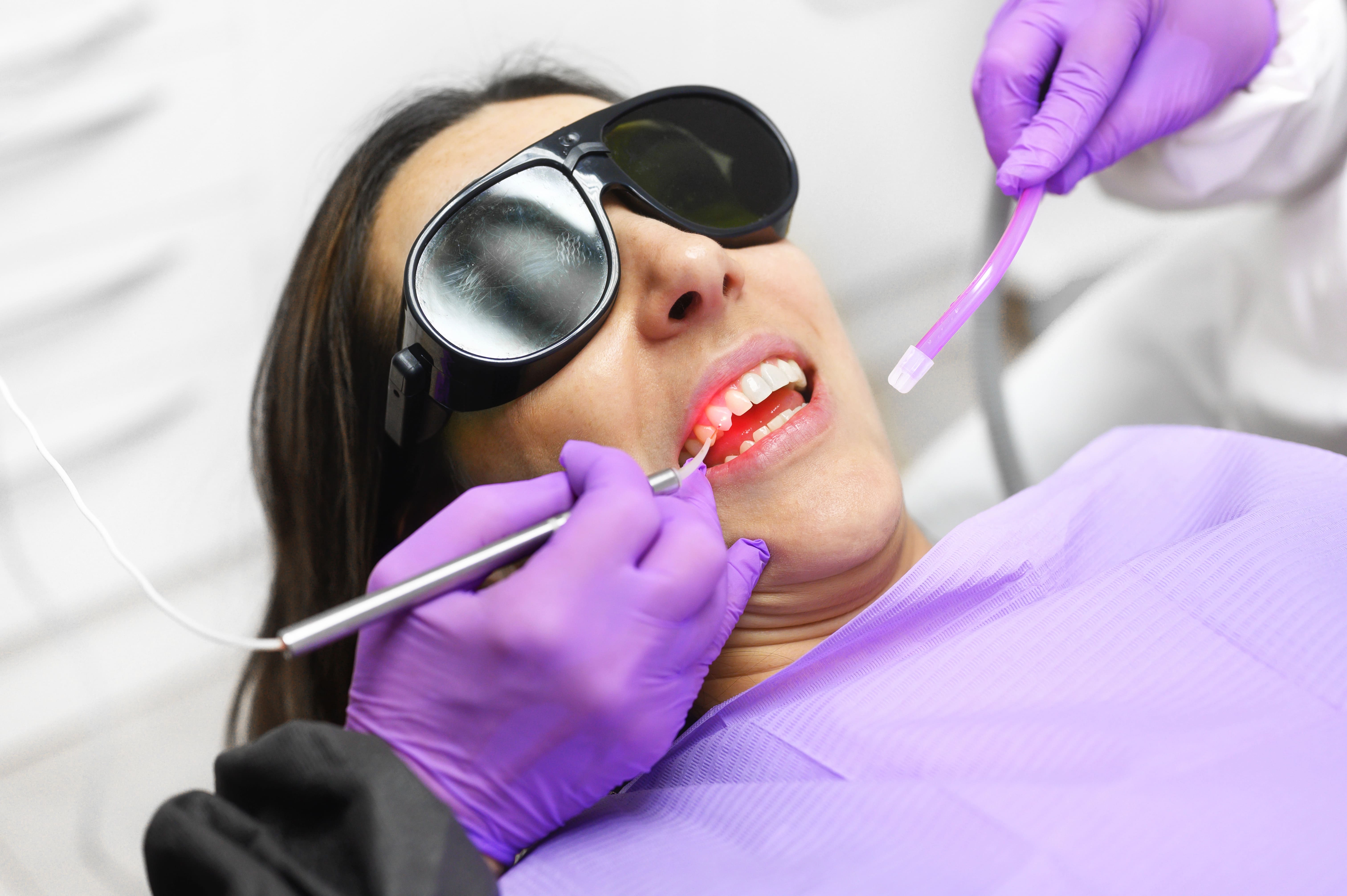
.jpg)
.jpg)
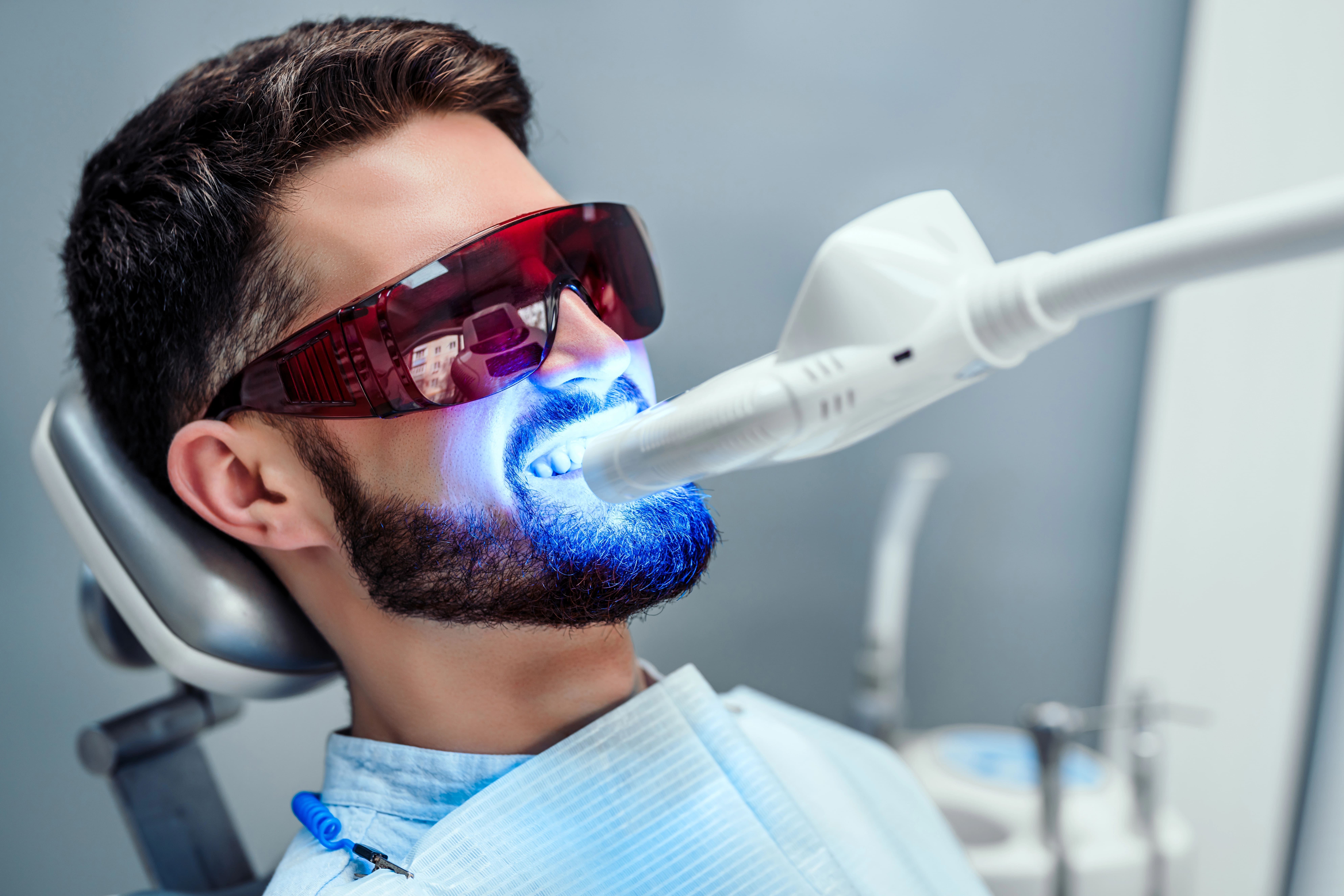
.jpg)
.jpg)
.jpg)
.jpg)
.jpg)
.jpg)
.jpg)
.jpg)
